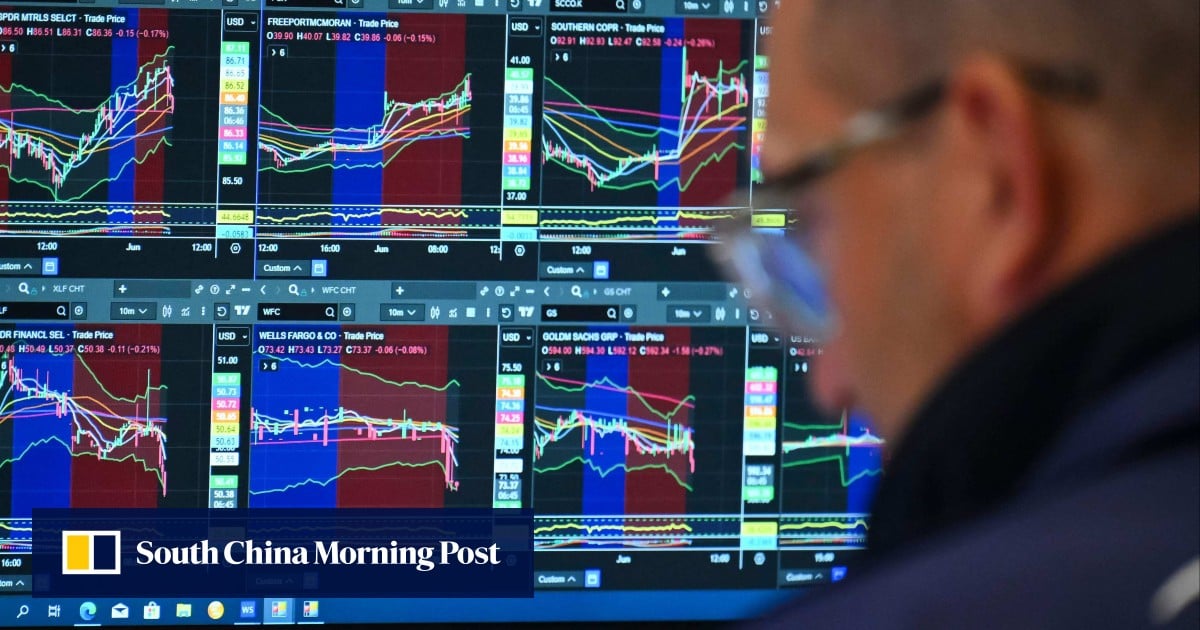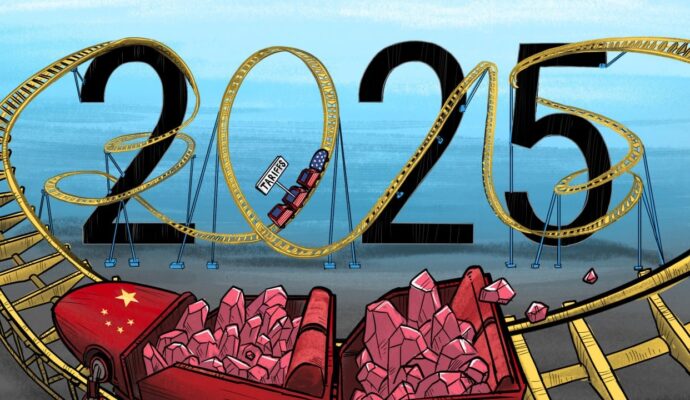
Surging uncertainty in the Middle East has clouded the outlook for global markets, with analysts warning that a potential shutdown of the Strait of Hormuz could send crude prices higher, intensify US inflation and complicate the Federal Reserve’s rate-cut plans.
Advertisement
Gold stands to benefit more directly from geopolitical shocks, while Chinese assets could remain relatively shielded, they added.
“Looking ahead, we cannot rule out a rise and recurrence of risk aversion,” the China International Capital Corporation said in a note on Monday, adding that markets may struggle to gauge the potential for escalation in the early stages of the conflict.
“In the short term, as the parties engage in retaliatory strikes and exchange strong rhetoric, risk premiums are likely to be pushed higher.”
Advertisement
“Fortunately, this round of geopolitical tensions has emerged during a broader downtrend in oil prices, so the immediate impact has been relatively limited,” said He Jiahua, an analyst at Zhongtai Securities, in a note on Sunday evening. “But if Iran follows through on its threat to shut down the Strait of Hormuz, oil prices could surge to the US$100–120 range.”

